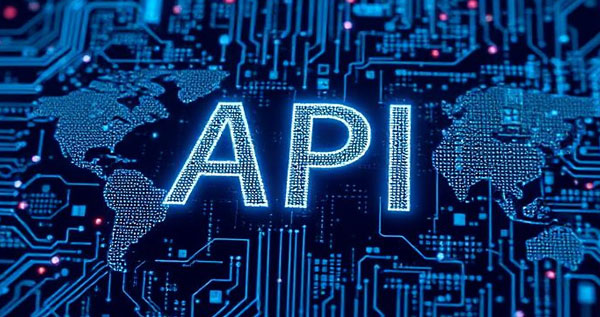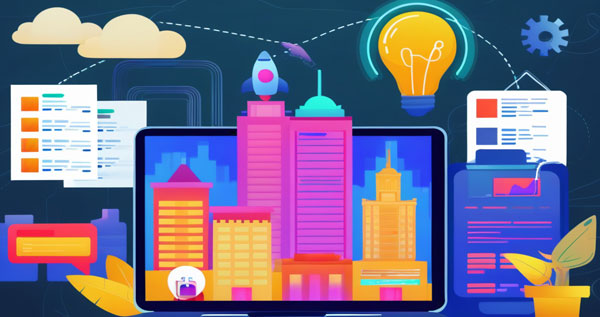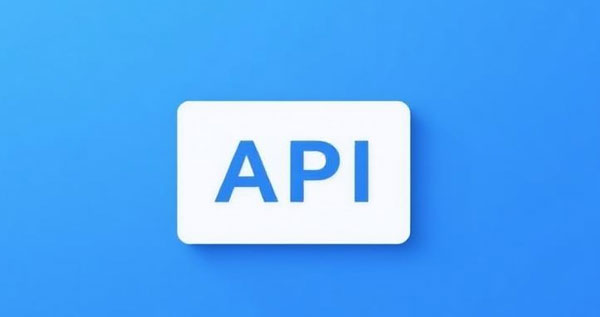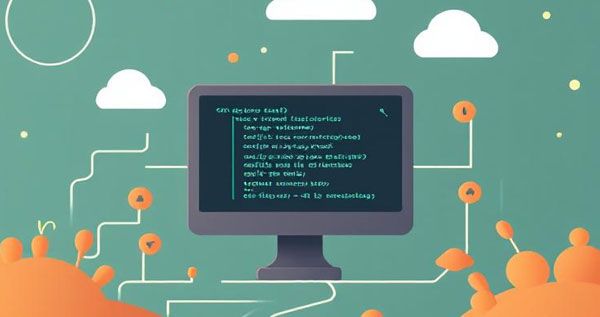The Battle Between Web Scraping and Anti-Scraping Technologies: Solutions and Compliance Challenges
Introduction
In today's data-driven world, web scraping has become an essential tool for acquiring information. Whether it's in search engine optimization (SEO), market analysis, academic research, or content monitoring, web scraping is applied nearly everywhere. However, with the widespread flow of data on the internet, website operators and businesses are increasingly focusing on protecting their data, leading to the rise of anti-scraping technologies. The ongoing battle between these technologies continues to evolve, and as time passes, not only do the technical measures upgrade, but compliance and ethical concerns also become more prominent. This article will explore the evolution of web scraping and anti-scraping technologies, as well as how compliant proxy services (such as Luckdata) can help overcome anti-scraping challenges and ensure the efficient execution of scraping tasks.
Basic Concept and Applications of Web Scraping
What is Web Scraping?
A web scraper is an automated tool used to extract data from websites on the internet. Scrapers simulate human user actions by visiting web pages and extracting data such as text, images, and video links. Since web scraping can gather large amounts of data quickly, it is widely used across various fields.
Applications of Web Scraping
Search Engines: Search engines rely on web scrapers to crawl websites on the internet, build search indexes, and provide search results to users.
Market Analysis and Competitive Intelligence: Businesses can use web scrapers to extract competitor data, such as product information, pricing, and reviews, in order to perform market analysis and adjust their strategies.
Academic Research and Data Mining: Scholars and researchers use web scrapers to collect research papers and datasets to support their studies.
Content Aggregation: Web scrapers help news platforms or content aggregation websites gather data from multiple sources to present users with a consolidated view of information.
Anti-Scraping Technologies
Background and Demand for Anti-Scraping
With the widespread use of web scraping, many websites have started to implement anti-scraping technologies to protect their data. These technologies are designed to identify and block malicious scrapers from extracting data, protect website resources, maintain user experience, and prevent data leaks.
Major Anti-Scraping Techniques
IP Restrictions and Blocking: Limiting the number of requests from the same IP address within a short time frame to prevent scraping bots from sending massive requests.
CAPTCHAs: Using image-based or SMS-based CAPTCHAs to block automated scripts from accessing content.
Behavioral Analysis: Analyzing user behavior (such as mouse movements, dwell time, etc.) to determine whether the actions are automated.
Dynamic Content Loading: Using JavaScript or AJAX to dynamically load web content, making it more challenging for scrapers to access the data.
Honey Pots: Creating fake links or disguised content to trap scrapers and track their behavior.
The Role of Proxy Services
When facing anti-scraping measures, many scraper developers turn to proxy IP services to bypass IP blocks and restrictions. By using proxies, scrapers can distribute their requests across multiple IP addresses, reducing the risk of getting blocked.
Luckdata offers an efficient proxy IP solution, providing users with various proxy options such as data center proxies, residential proxies, and dynamic residential proxies. Notably, its pool of 120 million residential proxies covers over 200 locations globally and supports fast rotation and precise geolocation, helping users bypass geographic restrictions and scrape data efficiently.
Advantages of Proxy Services
Global Geolocation: Luckdata offers real IP addresses from over 200 countries and regions worldwide, with geolocation accuracy down to the country, state, and city level, greatly improving the scraper's ability to bypass regional restrictions.
Fast Response and Stability: Luckdata's residential proxies feature a response time of about 0.6 milliseconds, ensuring fast and stable data scraping.
Unlimited Concurrent Sessions: Luckdata supports unlimited concurrent sessions, offering high-performance servers to ensure stable, fast, and seamless completion of scraping tasks.
Compliance and Privacy Protection: Luckdata is committed to providing services in line with business ethics and legal compliance, ensuring that developers follow relevant regulations and protect user privacy during data scraping.
Practical Use Cases of Proxy Services
In practical applications, developers and businesses utilize proxy services to overcome anti-scraping challenges. For instance, Luckdata's residential proxies help scrapers quickly access websites from different regions, avoiding blocks that may result from repeated requests from the same IP address. In market research, scrapers can use proxies from different geographical locations to gather more accurate and comprehensive market data.
Moreover, proxy services are widely used in SEO monitoring, ad verification, and brand protection. By using proxies, businesses can simulate different user environments and improve verification accuracy while reducing fraud risks. For example, during SEO monitoring, developers can use proxies to ensure that their scraping tasks aren't detected by target websites, allowing their SEO strategies to remain unaffected by anti-scraping mechanisms.
Legality and Ethical Considerations
With the strengthening of data protection regulations, the legality and ethics of web scraping are receiving more attention. For instance, Luckdata ensures that its services comply with GDPR and other data protection regulations, making sure that developers adhere to legal requirements and avoid unauthorized data scraping. Compliant and ethical scraping not only improves the efficiency of scraping tasks but also reduces legal risks.
While using proxy services, businesses need to follow relevant ethical guidelines to ensure that the content they scrape does not infringe on intellectual property rights and avoid misuse of scraping activities.
Future Trends
AI and Anti-Scraping Technologies
With the advancement of artificial intelligence, future anti-scraping technologies will become more intelligent and sophisticated. For instance, deep learning and behavioral analysis will be widely applied in anti-scraping systems to improve the ability to detect complex scraping behaviors. This will drive web scraping technologies to innovate and adapt to new challenges.
Cloud Computing and Distributed Scraping
Cloud computing provides technological support for distributed scraping. With the cloud, scrapers can distribute their tasks across multiple nodes, avoiding limitations from a single IP address. Additionally, cloud computing enhances the efficiency and stability of scraping, making it ideal for large-scale data extraction tasks.
Conclusion
The ongoing battle between web scraping and anti-scraping technologies is a dynamic process involving challenges in technology, law, and ethics. As technology advances, both web scraping and anti-scraping systems will continue to evolve. By using efficient proxy services like Luckdata, scraper developers can comply with regulations, bypass geographic restrictions, and enhance scraping efficiency and stability. Meanwhile, developers should adhere to legal and ethical principles to ensure their scraping activities do not infringe on the legitimate rights of website owners. Through technological innovation and compliant scraping strategies, web scraping can provide valuable data support across industries, driving business growth and academic research progress.
References
European Union General Data Protection Regulation (GDPR)
China’s Cybersecurity Law
"Web Scraping: Techniques, Tools, and Legal Considerations" by A. Smith, 2022
"The State of Anti-Scraping Technology" by TechNet, 2024




